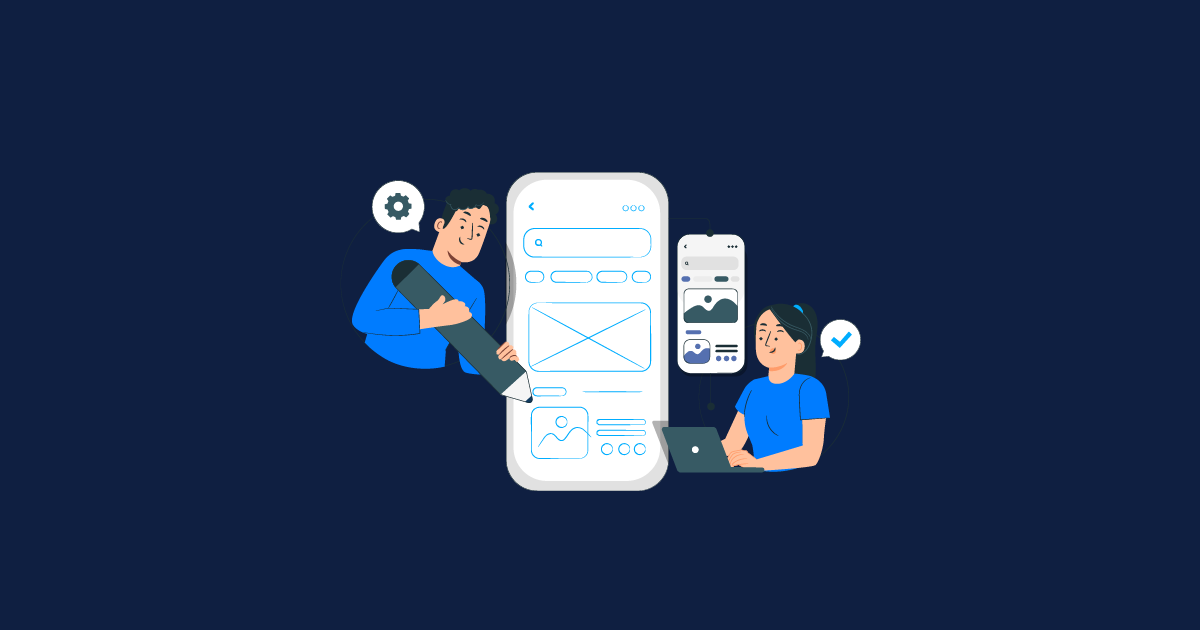Elevate your game development with comprehensive testing approaches for lasting player engagement.
“Game Testing is a vital component in game development, serving as the essential process that elevates a good game to greatness." - Tim Sweeney, Founder of Epic Games.
In the dynamic and competitive environment of the gaming industry, delivering a flawless and immersive gaming experience is paramount.
Game developers invest significant resources in creating cutting-edge graphics, engaging narratives, and innovative gameplay mechanics. However, the game's success lies in the hands of its testers & players.
In this article, we will discuss what game testing is and best practices to implement game testing for optimal user experience.
What is Game Testing?
Game testing, also known as quality assurance (QA) Testing in gaming, is a critical phase in the game development. It involves systematically evaluating a video game to identify and address issues that may affect its functionality, performance, and overall user experience. The primary goal of game testing is to ensure that the final product meets or exceeds the expectations of the players, providing a polished and enjoyable gaming experience.
Best Practices to Implement Game Testing for Optimal User Experience.Let’s explore some of the game testing best practices for effective game testing and optimal user experience:
1. Early and Continuous Testing:
Integrate testing into the development process from the very beginning to identify issues early.
Adopt an iterative testing approach, conducting tests at various stages of development to ensure constant feedback.
Diverse User Profile:
Create a diverse pool of user profiles to represent a broad spectrum of potential users.
Consider factors like age, gender, gaming experience, and preferences to ensure a comprehensive testing experience.
Usability Testing:
Evaluate the game's user interface and overall usability to ensure that players can easily navigate through menus and controls.
Observe how users interact with the game to identify any pain points or confusion.
Accessibility Testing:
Test the game's accessibility features to ensure that it accommodates players with different abilities.
Consider aspects such as color contrast, subtitles, and customizable controls.
Performance Testing:
Assess the game's performance across various devices and platforms.
Identify and address issues related to lag, frame rate drops, and overall smoothness of gameplay.
Beta Testing:
Conduct beta testing with a larger audience to gather feedback from real-world users.
Use beta testing to identify and address issues that might not have been evident in controlled testing environments.
Community Engagement:
Foster a community of testers and encourage open communication.
Leverage social media, forums, and other platforms to gather feedback and insights from the gaming community.
User Surveys and Feedback:
Create surveys to gather quantitative data on user preferences and experiences.
Encourage users to provide detailed feedback on specific aspects of the game, helping developers understand user expectations.
Scenario-based Testing:
Develop test scenarios that simulate real-world gaming experiences.
Include scenarios that challenge different skill levels and preferences, ensuring a well-rounded testing process.
Cross-platform Compatibility:
Test the game on various devices, operating systems, and platforms.
Ensure a consistent and enjoyable experience for users, regardless of the platform they choose. Regularly update the game based on user feedback, addressing issues and introducing new features to enhance the user experience.
By adopting these best practices, game developers can ensure that their creations not only meet but exceed the expectations of a diverse and discerning gaming audience. As the gaming industry continues to evolve, prioritizing user experience in game testing, user feedback and engagement will remain a key driver of success for game developers and testers.
To Enhance Game Testing, Partner with Top-Notch Testing Professionals!
For optimal game testing, partner with real testing professionals in the industry. With over 7 years of experience in the gaming sector, QAonCloud offers mobile game testing services aimed at guaranteeing a smooth and delightful gaming experience.
Boasting extensive expertise in testing mobile, PC, console, and AR/VR games, we offer a comprehensive game-testing service that encompasses performance evaluation, usability analysis, compatibility checks, and security assessments. Our testing covers all facets of the game, including aesthetics, sound effects, gameplay dynamics, and user interaction. Reach out today to access our game testing expertise!



